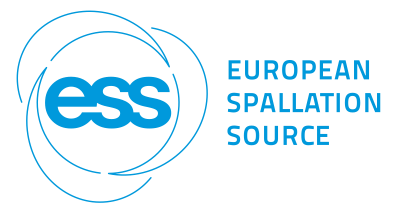Speaker
Dr
Mikhail Kostin
(Facility for Rare Isotope Beams)
Description
The Facility for Rare Isotope Beams (FRIB) is an accelerator facility being established at Michigan State University (MSU). The facility will utilize a broad range of primary ion beams from 16-O to 238-U with a beam power of up to 400 kW and energy of 200 MeV/nucleon for 238-U in its baseline configuration to produce rare isotopes. A possible facility upgrade will include an increase of the beam energy up to 400 MeV/nucleon for 238-U and addition of new light ion beams down to 3-He and protons for ISOL operations. This work presents an analysis of residual activity at the FRIB linear accelerator. In addition to normal beam losses resulting in residual activation of air, services and beam elements, there are several beam devices where localized beam losses are in order of hundreds of Watt. An impact of the beam losses on the local shielding, environment, operation and disposal of activated components was evaluated. This material is based on work supported by the U.S. Department of Energy Office of Science under Cooperative Agreement DE-SC0000661, the State of Michigan and Michigan State University. Michigan State University is designing and establishing FRIB as a DOE Office of Science National User Facility in support of the mission of the Office of Nuclear Physics.
Author
Dr
Mikhail Kostin
(Facility for Rare Isotope Beams)
Co-authors
Dr
Dali Georgobiani
(Facility for Rare Isotope Beams, Michigan State University)
Dr
Reginald Ronningen
(Facility for Rare Isotope Beams)
Dr
Robert Lowrie
(AECOM N&E Technical Services, USA)
